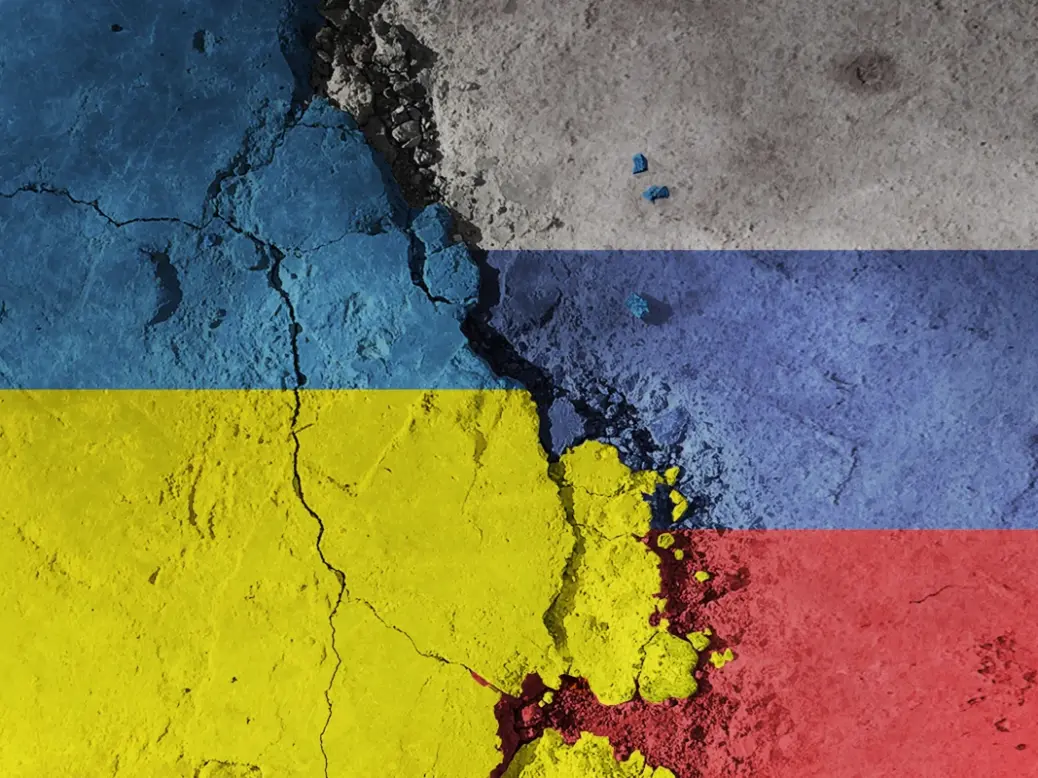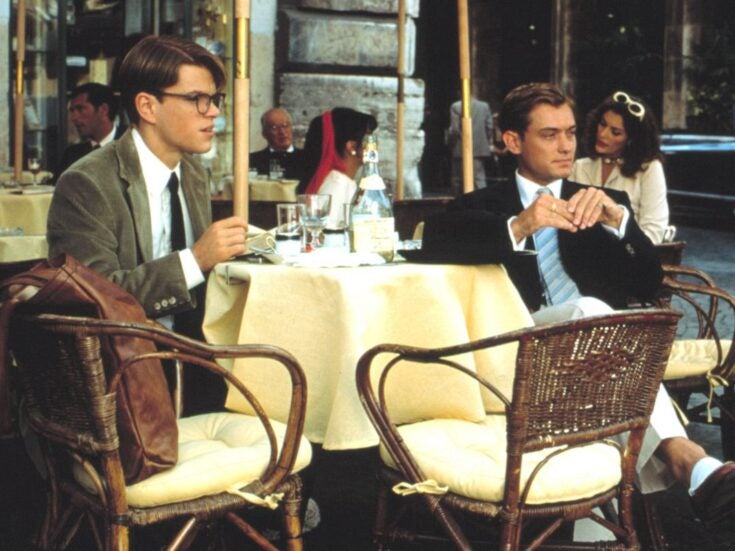
Saturday 24 February will mark the second anniversary of Russia’s catastrophic ‘special military operation’, kicking off the first major inter-state conflict in Europe since the end of World War II. If the first anniversary of the conflict was marked by the inspiring achievements of the Ukrainian resistance, the second year brings much less enthusiasm – and more confusion.
Despite the billions of Western aid poured into the country, military gains are calcifying. Corruption issues continue to imperil confidence in the government, dramatically underscored by the sacking of defence minister Oleksii Reznikov last September. Western support for the war is fracturing as well – in a Gallup poll last October, 41 per cent of Americans believed the US was doing too much to help Ukraine, up from just 26 per cent a year earlier. Isolationist-oriented parties are surging in the US and the EU, and their complaints about the cost of the war grow louder by the day.
A betrayal of Western values
Nevertheless, the stakes couldn’t be higher. As journalist Maximilian Hess argued in his recent book Economic War, a failure to adequately contain Russian aggression and to ‘win’ this conflict could eventually drive a wedge between the US and Europe.
[See also: Russian billionaire Roman Abramovich hit with sanctions by the UK government]
When Vladimir Putin launched this war, it was ostensibly under the pretext of the diplomatic recognition of Donetsk and Luhansk, with the invading soldiers acting as ‘peacekeepers’ with the absurd objective of ‘de-nazifying’ Ukraine. But over the past year Putin has honed the ideological drive of his casus belli, saying the quiet part out loud.
‘We are now fighting not just for Russia’s freedom but for the freedom of the whole world,’ Putin proclaimed in a speech in December. He accused the West of seeking to ‘dismember and plunder’ Russia. He promised that his government is fighting this war to build ‘a fairer world order’. While many would dismiss Putin’s messianic crusade as laughable, unfortunately the West appears to be doing everything possible to help further his cause. The problem is not the strategic decision to help Ukraine defend itself against this immoral invasion. The problem is the way the West has done it, which has betrayed many of the core values we are supposed to be fighting for.
[See also: Robert Amsterdam: Ukraine crisis sets in motion the great geopolitical pivot of 2022]
As I’ve written here before, I have deep reservations about the severe regime of sanctions deployed by the US, UK, and EU governments against Russia, as well as the discrimination shown by banks and other businesses toward people based solely on the origin of their surnames. It’s one thing to freeze assets of the actual officials involved in driving this war, but it’s something entirely different to engage in collective punishment with such blunt instruments as these sanctions have proven to be. There are core provisions in international humanitarian law prohibiting collective punishment dating back to the Hague Convention, and these are being violated on a daily basis, making the West’s calls for the ‘rules-based order’ appear less than serious.
The Geneva Conventions are unambiguous in declaring that ‘no protected person may be punished for an offence he or she has not personally committed. Collective penalties and likewise all measures of intimidation or of terrorism are prohibited.’ Additional commentary added by the International Committee of the Red Cross (ICRC) in 1977 further clarifies that the law applies to ‘all sanctions and harassment of any sort, administrative, by police action or otherwise’.
[See also: Opinion: How the Russian invasion of Ukraine is already impacting geopolitical order]
Sanctions have backfired
Our sweeping doctrine of sanctions targeting Russian entrepreneurs with zero political influence is not only a betrayal of Western values, but has also backfired spectacularly. Russia has not been economically isolated, instead gradually becoming a vassal state of China. Germany is significantly weakened, undermined on cherry-picked trade policies by eastern EU members. London is rapidly losing its appeal as a global hub to raise capital and securitise. India and Gulf nations are feasting on opportunities in the grey market, while US influence is at a low water mark across a wide range of its diplomatic engagements.
Worse still, the sanctions being deployed by Ukraine itself are producing a negative transformation within the country, ironically pushing it down a path similar to Russia itself in the early 2000s. Before the war, Ukraine had 3,500 state-owned enterprises producing 10 per cent of the country’s economic output. Today that figure has passed 70 per cent state control of the economy (and more than 60 per cent of the banking sector alone).
So with the approach of this milestone in the conflict, we would do well to critically examine what we want to achieve and how to get it, while placing a much stronger emphasis on the values inherent to the entire system we endeavour to defend.
Robert Amsterdam is the founding partner of Amsterdam & Partners LLP and presents the podcast Departures with Robert Amsterdam
This feature was first published in Spear’s Magazine Issue 90. Click here to subscribe







